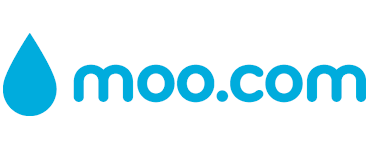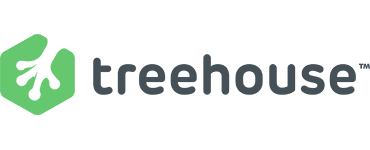Side View
Details
- Date 9th November
- Time 10am - 4pm
- Venue The Old Courtroom, Brighton
- Cost £50+VAT
- Sponsored by Treehouse, Brandwatch & Moo
Full Frontal is an amazing day, but each year we've yearned for more. So this year, we're putting on an extra event: Side View. It's a supplementary event to Full Frontal, on the following day made up of 6 speakers talking about a wide range of developer topics.
It's just as carefully and lovingly curated as Full Frontal is, and we're excited to have 6 new sessions ranging from upcoming technology and doing our day jobs better to the struggles of working within such an incredible fast moving industry.
And remember, this event is open to everyone not just existing Full Frontal attendees.
Sessions
The Responsive Web Design trend was triggered by the need to make the web presentable on small, handheld devices. Now, the Internet is encroaching on every aspect of our lives, and it won’t be long before it takes over large screens too.
How much of manufacturers’ internet TVs claims are true? Will the next generation of consoles bring the Internet to the living room, or will ChromeCast be the gateway to the large screen future, and where do web developers fit in?
Lets make a web site that is suitable for the sofa
Modern browsers are advanced pieces of software, and have been evolving at lightning speed ever since we've left IE6 in the dirt and moved on to FireFox and Chrome. But what's new today will be old tomorrow, and not everything that is new is necessarily better. Nevertheless, it's very exciting to see the common browser slowly break out of it's boundaries to evolve into an OS.
In this talk we'll have a look at the API's that future versions of browsers will bring us, and what we would be able to do with them. Some of these API's we'll analyse in depth to see what their real life application would look like. And while we're exploring these cutting edge technologies, we will also reflect on what they will mean for the web and for us as web developers.
What is Grunt, Why should you care and how can you use it FTW! I'd rather write my build scripts in a way that makes sense to me as a front end developer, that is why I love Grunt and I want to show everyone that build scripts dont have to be colossal XML files or written in Ruby syntax. They can be written in JavaScript and leverage Node to do awesome things easily
Or how to keep up with all things web.
When you work in the web everyday, there's so much going on. New technologies seem to emerge on a daily basis, articles appear about new techniques and workflows, and then there's the constant flow of information from Twitter. In my talk, I aim to share my experiences in trying to keep up to date, and look to provide some perspective on what we can achieve, where our focus should be, and that we don't all have to constantly try to be ahead of the curve.
As frontend devs, we're a bit stuck: we usually focus on building just one half of a web experience, and we're dependent on others to provide us with the other half: the backend. Or we become both-end devs and do everything ourselves, often stretching our expertise quite thin.
But lo! On the horizon, a new trend appears, and it's called noBackend. It bears the promise of rapid, frontend-centric app development, abstracting away all the recurring pain and hassle that comes with backend development into simple front-end libraries, with barely a need to ever come in contact with the server-side. Some of them go a step further, not merely exposing the backend to the front, but understanding the frontend devs as users, and designing the APIs directly to their needs.
This will be a talk about the noBackend/"Backend as a Service"-paradigm of web application development, and how it is a natural extension of the concept of user-centered library/API/service design. I believe that these noBackend services will be a hugely empowering and equalizing force in the very near future, and I'd like to show why it's so great, how it works and who's currently doing what in this area. There will also be a little bit of live-coding to round it all off.
One of our bigger problems at the moment is finding good developers. But instead of finding the best of the best, we should find the motivated and make them the best. How can you be a great coach, and help new developers trancend even your own skills?
In my presentation I'm going to talk about finding developers (or other people) who have the potential to be great JavaScript developers.
I'm going to try to make people enthousiastic about coaching or being coached. And I'll explain how you can help everybody learn by doing things like commenting your code and contributing to the community.


